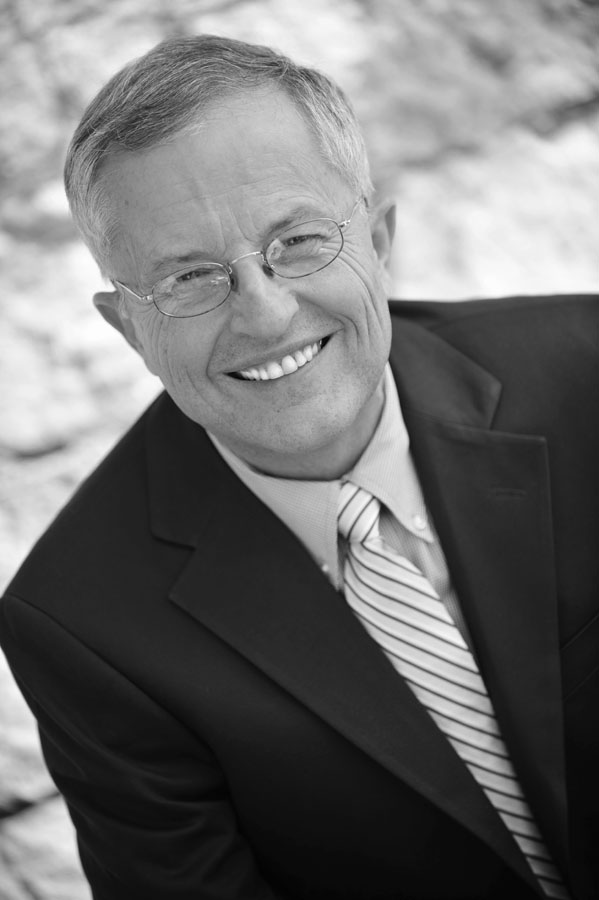Many in the religion world focus on one part of the First Amendment of the U.S. Constitution—the freedom of religion clause—but overlook or ignore another equally important freedom—that of freedom of the press.
Perhaps this is because they simply don't understand what freedom of the press really is.
For some odd reason, denominational journalists and their superiors seem to think freedom of the press is their right to proclaim their religious beliefs through the written or electronic media. I see that as part of the "free exercise of religion" guaranteed in the First Amendment. I don't equate that with Freedom of the Press.
I daily receive emails from a host of various religious groups. In my inbox an evangelical denominational press service and a liberal denominational press service are among the most prolific. In so many ways those two represent the ying and the yang of the issue. I seldom find objective, opinion-free, compelling, in-depth articles in either publication. Whatever they do always seems to point to supporting some opinion or position their respective group is hawking.
The popular issue of global warming is a primary example of the differences between opinion-based versus information-based press reporting. Denominational news services, both left and right, tend to round up people who support their position and quote them. I would find these articles so much more appealing if they quoted or at least cited in a balanced and fair manner people with opposing opinions, too. Unfortunately these articles appear more sermonic than they do balanced, fair, and objective journalism from which I and others can draw our own conclusions.
Freedom of the press is so much more to me than just being able to preach one's religion through the printed or electronic media.
I like to think of "freedom of the press" as the "freedom of the marketplace of ideas".
Having worked both in the secular and denominational media, I know my definition is a key reason why secular religion journalism seemed so much more in line with my basic style than did the denominational media. I revel in freedom; I resist control. I found more freedom in the secular world and more control in the denominational world.
The concept of the marketplace of ideas is different from that of people pounding away with their opinions on their pulpits regardless whether they are left, right or in between.
I like to start with gathering information before I make a decision. That's different than those who start with an opinion and then begin gathering facts to support their opinions. If an opinion is worth holding, it can stand up in the midst of objective information on all sides of the opinion.
Does that mean I believe everything I read in the newspaper or hear on the TV news? Or even on blogs? Absolutely not! I do like, however, to read opposing opinions and even articles that simply provide information and facts without ever drawing an opinion. That's why on some days I watch CNN, then the next day watch FOX network, then other networks on days after that. I like to have a 360-degree view, not a narrow slice of it.
Sadly, too often I find religious leaders—on both the left and the right—too busy with their opinions and trying to control rather than with enabling people to make up their own minds.
Freedom of the press is freedom from controls. Freedom of the press promotes discussion, openness, and candor. To me, press controls point to insecurity of beliefs. "Tell the truth and trust the people" is an old journalism expression, but it is as appropriate today as it ever has been.
We'll talk more about this important topic as the days go by.






No comments:
Post a Comment